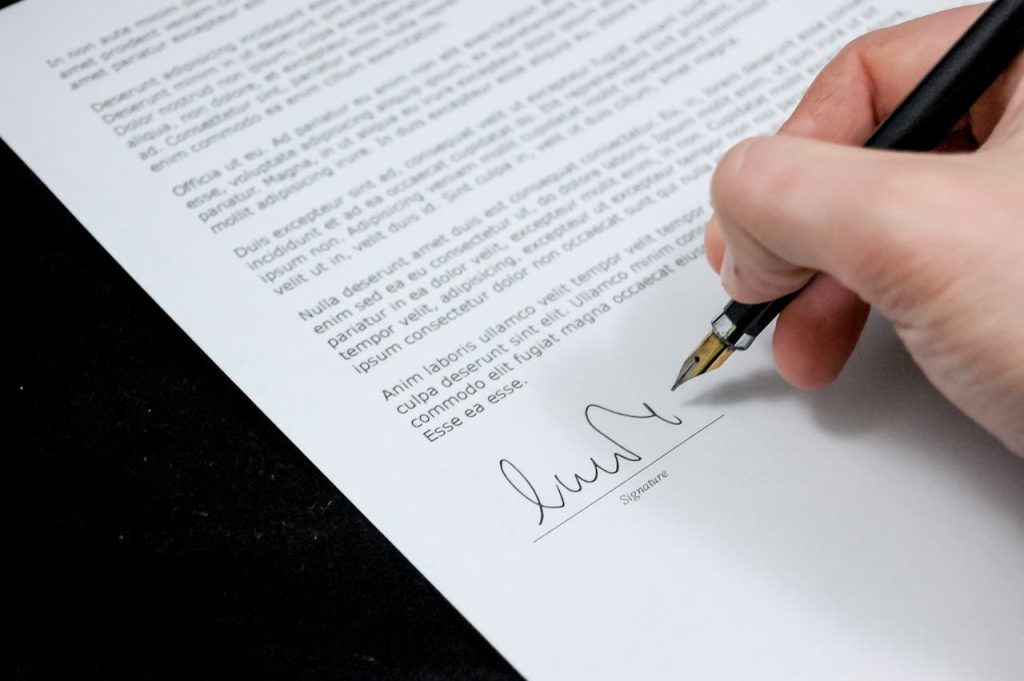Understand Your Rights. Solve Your Legal Problems


The world of legal process service is intricate and necessary for the smooth operation of the judicial system. Known as the delivery of legal documents to parties involved in a court case, this service must be performed accurately, ethically, and efficiently. While the task may appear straightforward, there are best practices that seasoned professionals follow to ensure that it is executed correctly.
Each jurisdiction has specific rules regarding how legal documents should be served. Understanding these regulations is vital for process servers to avoid any legal repercussions. These rules can vary from who can perform the service to how the documents should be delivered, such as personal delivery versus mailing. Thoroughly reviewing these guidelines for each relevant jurisdiction is a critical first step.
Legal process service involves handing over legal documents such as summons, complaints, subpoenas, and other court papers to the relevant individuals. This procedure ensures that everyone involved is appropriately notified and provided with the necessary information to respond or appear in court. Being meticulous in this step is crucial, as improper service can delay proceedings or even dismiss a case.
Serving legal documents can sometimes put process servers in challenging or uncomfortable situations. Safety should always be a top priority. Approach each service with caution, remain professional, and avoid confrontations. If a situation seems potentially dangerous, do not proceed. Instead, seek assistance from law enforcement or other authorities.
For legal professionals, incorporating external support can be invaluable. One such option includes Central Texas Litigation Support Services which provides a range of solutions like court reporting, legal video services, and record retrieval. These services help streamline the overall legal process and ensure that documentation requirements are thoroughly met.
Professionalism is essential for effective legal process service. Approach the task with a courteous and impartial demeanour. Remember, the role of a process server is to deliver legal documents, not to involve oneself in the case's details or disputes. Maintaining a high level of professionalism helps to avoid unnecessary complications and ensures the process is respected.
Professional process servers should always carry proper identification and be prepared to present it upon request. This helps establish credibility and trust. Additionally, documenting each step of the service process is vital. Keep records of times, dates, and methods of service, as well as any interactions with the recipient. Detailed documentation can be critical in court if the service's validity is ever questioned.
Ongoing education and training are crucial for staying updated with the latest laws and best practices in legal process service. Regularly attending workshops, seminars, and certification programs helps process servers keep their skills sharp and knowledge current. This commitment to continuous improvement ensures that they remain effective and compliant with any new legal developments.
Modern technology offers various tools that can significantly enhance the efficiency and reliability of legal process services. Utilize GPS tracking, mobile apps for documentation, and electronic databases to keep track of service attempts. These technologies can help create a more streamlined and verifiable process, ensuring that all actions are accounted for.
Communication skills are vital in the realm of legal process service. Process servers must be able to clearly and effectively convey information to recipients and handle any questions or concerns they may have. Effective communication also involves liaising with legal professionals and clients to provide updates and ensure that all parties are informed about the status of the service efforts.
Flexibility and adaptability are key traits for a successful process server. Each service attempt may present unique challenges, from difficult-to-locate individuals to varying recipient reactions. Being able to adapt to these different scenarios while maintaining professionalism and adhering to legal guidelines ensures that the service is completed efficiently and correctly.
Effective legal process service is a cornerstone of ensuring that judicial processes run smoothly and fairly. By understanding the legal requirements, documenting meticulously, prioritizing safety, utilizing technology, and maintaining professionalism, process servers can perform their duties effectively. These best practices not only safeguard the integrity of the judicial system but also ensure that all parties receive the legal information they need in a timely and efficient manner.





